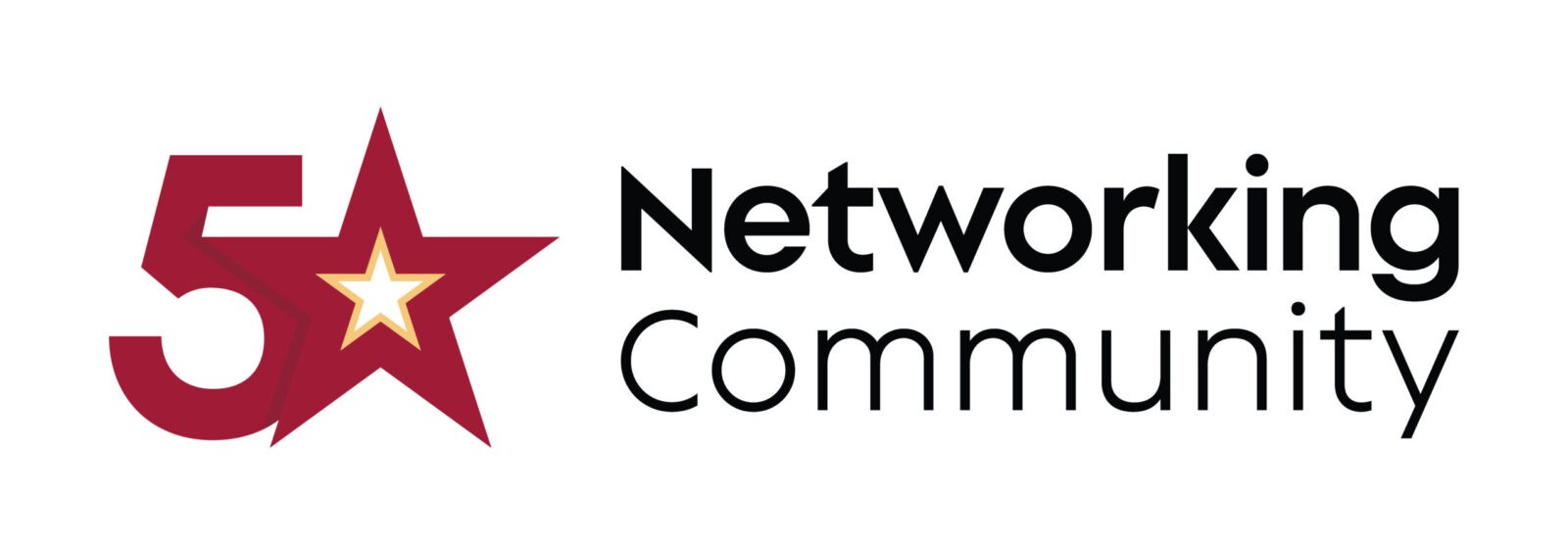Networking effectively requires strategy and intention. Set clear goals, such as generating leads or finding partners. Be prepared with a concise pitch and business cards. Listen actively and ask questions to build relationships. Follow up with new contacts to nurture connections. Authenticity is key, focusing on relationships and value over sales pitches. By implementing these tips, you can network effectively, establish meaningful connections, and achieve your professional goals, leading to career growth and success in your industry. Effective networking builds relationships and drives results.
1. Set Clear Goals: Define What You Want to Achieve Through Networking
Setting clear goals is essential to effective networking. Before attending a networking event or reaching out to someone in your industry, define what you want to achieve through networking. What are your objectives? Are you looking to generate leads, find new partners, or stay informed about industry trends? Perhaps you’re seeking advice from experienced professionals or looking to learn about new job opportunities.
Having clear goals in mind will help you focus your efforts and ensure that you’re making the most of your networking activities. It will also help you to prioritize your time and energy, and to evaluate the success of your networking efforts.
Some examples of clear goals might include:
- Generating a certain number of leads or referrals within a specific timeframe
- Establishing relationships with key decision-makers in your industry
- Learning about new developments or trends in your field
- Finding a mentor or coach who can provide guidance and support
- Identifying potential job opportunities or career advancement paths

2. Be Prepared: Develop a Clear and Concise Pitch, and Have Business Cards and Other Marketing Materials Ready
Being prepared is crucial to making a good impression and achieving your networking goals. This includes developing a clear and concise pitch that summarizes your professional brand, skills, and experience.
Your pitch should be brief, typically 30 seconds to 1 minute, and should include the following elements:
- A brief introduction that includes your name, profession, and industry
- A summary of your skills, experience, and achievements
- A statement of your goals and objectives
- A call to action, such as requesting a meeting or follow-up conversation
In addition to your pitch, make sure you have business cards and other marketing materials ready. This might include:
- A professional business card that includes your contact information and a brief summary of your skills and experience
- A portfolio or samples of your work
- A brochure or flyer that describes your products or services
- A copy of your resume or CV
Having these materials ready will help you to look professional and prepared, and will make it easier for others to remember you and follow up with you after the event.
3. Listen More Than You Talk: Pay Attention to What Others Are Saying, and Ask Questions to Show Your Interest and Build Relationships
Listening is a critical component of effective networking. When you’re networking, it’s tempting to talk about yourself and your accomplishments, but this can come across as self-centered and uninteresting.
Instead, focus on listening more than you talk. Pay attention to what others are saying, and ask questions to show your interest and build relationships. This will help you to:
- Learn more about the other person and their interests
- Build rapport and establish a connection
- Identify potential areas of commonality or synergy
- Develop a deeper understanding of the other person’s needs and challenges
Some examples of questions you might ask include:
- What brings you to this event?
- What are your goals and objectives?
- What challenges are you facing in your industry or profession?
- How can I help or support you?
By listening more than you talk, you’ll be able to build stronger relationships and establish a reputation as a thoughtful and interested professional.

4. Follow Up: After Meeting Someone New, Be Sure to Follow Up and Stay in Touch to Build on the Relationship
Following up is a critical step in the networking process. After meeting someone new, be sure to follow up and stay in touch to build on the relationship. This might include:
- Sending a follow-up email or message to thank the person for their time and to reiterate your interest in their work or industry
- Connecting with the person on social media or LinkedIn
- Scheduling a follow-up meeting or call to continue the conversation
- Sharing relevant articles or information that might be of interest to the person
Following up will help you to:
- Keep the conversation going and build momentum
- Establish a stronger connection and relationship
- Identify potential opportunities for collaboration or mutual support
- Stay top of mind and increase the chances of future interactions or referrals
5. Be Authentic: Be Yourself, and Don’t Try to Sell or Pitch to Everyone You Meet
Finally, it’s essential to be authentic when networking. Don’t try to be someone you’re not, or to sell or pitch to everyone you meet. Instead, focus on being yourself, and on building genuine relationships with others.
Authenticity is key to building trust and credibility, and to establishing strong relationships that can lead to future opportunities and collaborations. When you’re authentic, you’ll be more likely to:
- Attract people who are genuinely interested in your work or industry
- Build relationships that are based on mutual respect and trust
- Establish a reputation as a thoughtful and professional individual
- Achieve your networking goals and objectives
Some tips for being authentic when networking include:
- Be yourself, and don’t try to pretend to be someone you’re not
- Focus on building relationships, rather than trying to sell or pitch
- Listen more than you talk, and ask questions to show your interest
- Be transparent and honest in your interactions with others
- Follow up and stay in touch to build on the relationship and establish a stronger connection.

